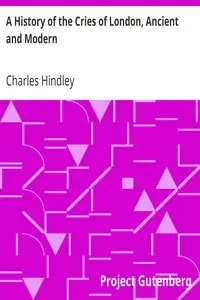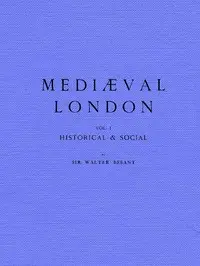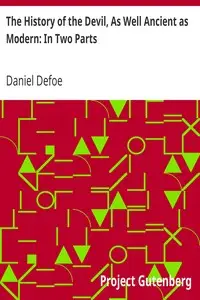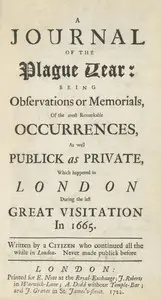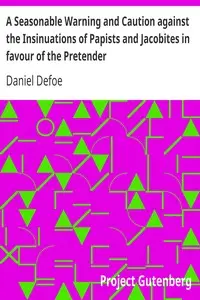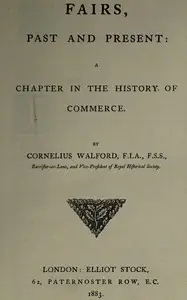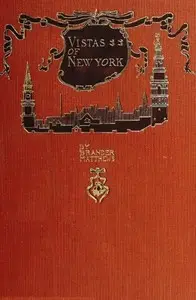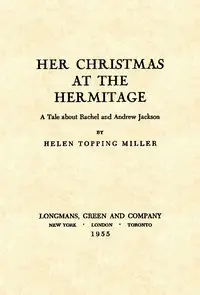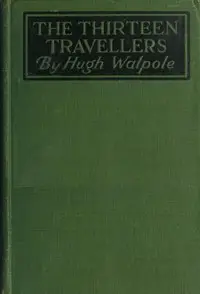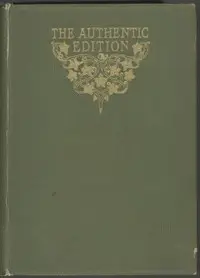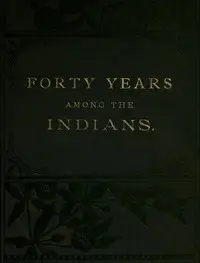"Augusta Triumphans" by Daniel Defoe is a compelling argument for transforming London into the world's best city by tackling the city's biggest problems. Defoe dreams of a better London by calling for big changes, like building a university so people can get good educations at home and opening a hospital for orphans to protect vulnerable children. He wants to make London safer by stopping crime in the streets and cleaning up bad behavior by regulating entertainment and cracking down on gambling. He shines a light on the terrible conditions in madhouses and suggests ways to stop women from being mistreated. In essence, the book is like a battle cry to improve the lives of Londoners, create a smarter population, and build strong, supportive communities.

Augusta Triumphans Or, the Way to Make London the Most Flourishing City in the Universe
By Daniel Defoe
Discover how one author envisioned a safer, smarter, and more moral metropolis by tackling social problems and dreaming of better institutions.
Summary
About the AuthorDaniel Defoe was an English novelist, journalist, merchant, pamphleteer and spy. He is most famous for his novel Robinson Crusoe, published in 1719, which is claimed to be second only to the Bible in its number of translations. He has been seen as one of the earliest proponents of the English novel, and helped to popularise the form in Britain with others such as Aphra Behn and Samuel Richardson. Defoe wrote many political tracts, was often in trouble with the authorities, and spent a period in prison. Intellectuals and political leaders paid attention to his fresh ideas and sometimes consulted him.
Daniel Defoe was an English novelist, journalist, merchant, pamphleteer and spy. He is most famous for his novel Robinson Crusoe, published in 1719, which is claimed to be second only to the Bible in its number of translations. He has been seen as one of the earliest proponents of the English novel, and helped to popularise the form in Britain with others such as Aphra Behn and Samuel Richardson. Defoe wrote many political tracts, was often in trouble with the authorities, and spent a period in prison. Intellectuals and political leaders paid attention to his fresh ideas and sometimes consulted him.

